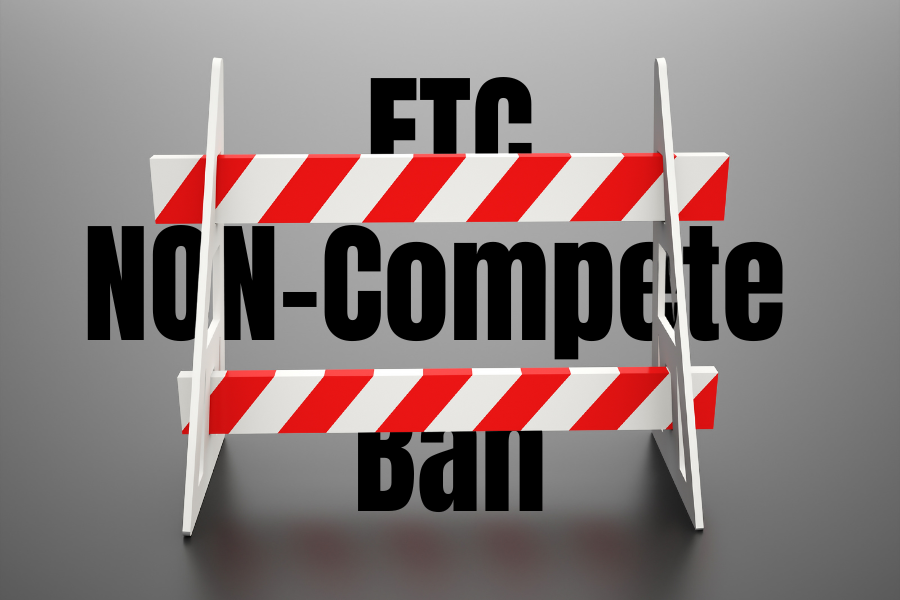 By: Christopher E. Nyenhuis and Mark A. Rysberg
By: Christopher E. Nyenhuis and Mark A. Rysberg
On November 15, 2021, President Biden signed the Infrastructure Investment and Jobs Act (IIJA) into law. The IIJA appropriates $1.2 trillion in funding for physical infrastructure improvements. This represents the largest public investment in physical infrastructure in United States history. This additional funding, however, comes with new requirements and regulations.
The most notable is the requirement that all infrastructure projects that receive Federal funding use certain materials and products procured from American Source. Specifically, the Build America, Buy America Act (BABA), which was passed in conjunction with the IIJA, requires that all Federal agencies “ensure that none of the funds made available for a Federal financial assistance program for infrastructure . . . may be obligated for a project unless all of the iron, steel, manufactured products, and construction materials used in the project are produced in the United States.”
On April 18, 2022, the Office of Management and Budget issued a memorandum defining “construction materials” to include:
An article, material, or supply—other than an item of primarily iron or steel; a manufactured product; cement and cementitious materials; aggregates such as stone, sand, or gravel; or aggregate binding agents or additives —that is or consists primarily of:
- non-ferrous metals
- plastic and polymer-based products (including polyvinylchloride, composite building materials, and polymers used in fiber optic cables)
- glass (including optic glass),
- lumber; or drywall
Subjecting “construction materials” to the Buy America requirement was a tectonic shift in Federal procurement. Despite its sweeping impact, BABA required that by May 14, 2022—180 days after the date of enactment—the head of each covered Federal agency ensure compliance with BABA.
Since then, Federal agencies, including the Department of Transportation, have issued various notices and guidance on BABA’s implementation. DOT issued a 180-day public interest waiver of the Buy America provisions for construction materials, beginning May 14, 2022 and expiring on November 10, 2022. The waiver applies to awards obligated between those dates.
DOT based this waiver on its need to gather data on domestic sourcing capacity for construction materials, as construction materials have not been subject to Made in America rules before. DOT believes the impact will be significant. For example, with respect to bridges, 62,588 bridges have wood or timber elements, 2,281 have non-ferrous metal elements, and 19,562 have polymer-based products elements.
DOT acknowledged comments that the 180-day waiver was relatively short compared with the drastic impact the Buy America requirements would impose. However, DOT favored a short-term waiver with a refining approach to processes over time versus an extended waiver period that would allow for processes and supply bases to be perfected.
In short, Federal agencies, including DOT, have made it clear that while BABA may impose significant new requirements, agencies will move relatively quickly to implement the changes regardless of how drastic they may be.










